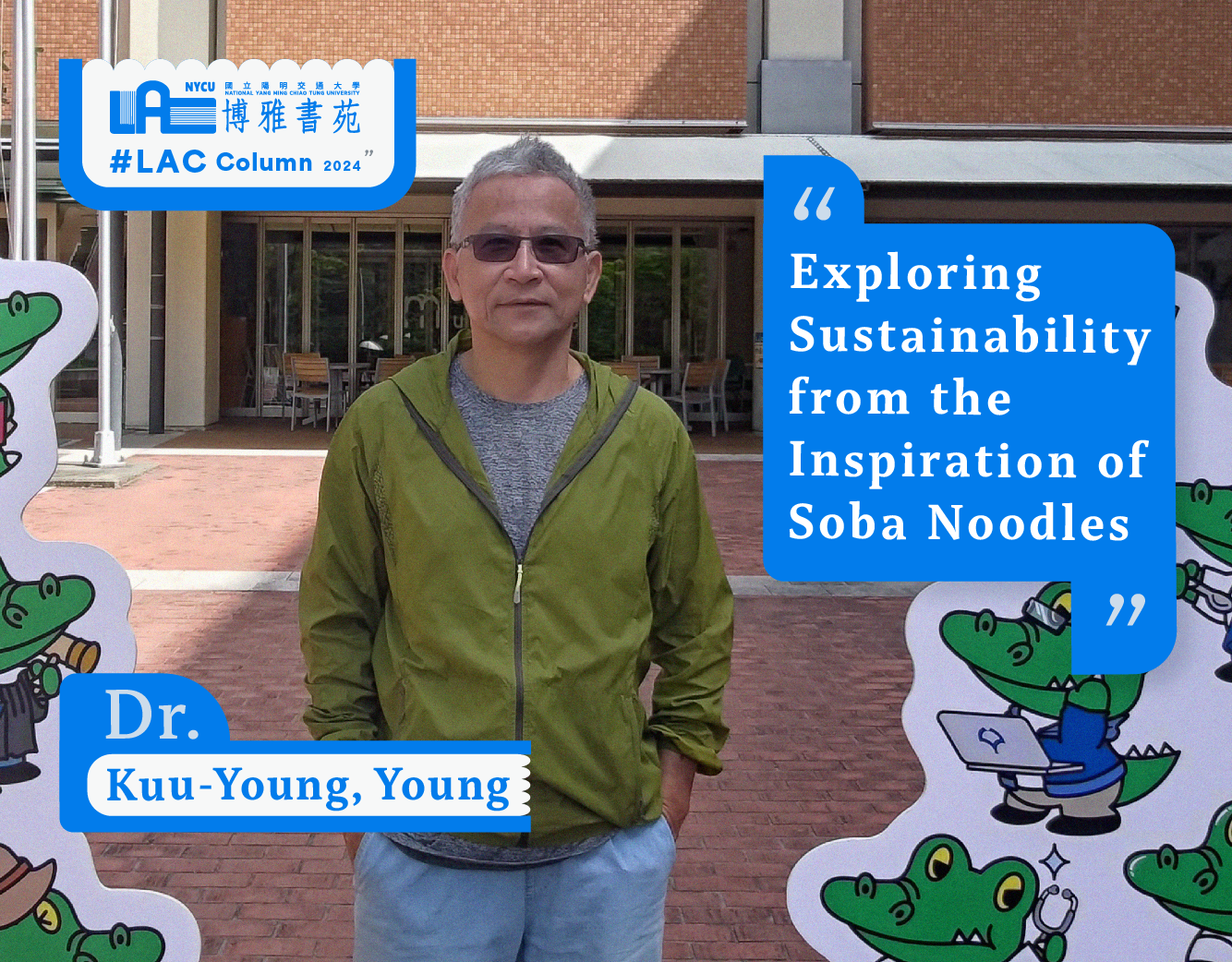- Home
- LAC COLUMN
- Expolring Sustanability from the Inspiration of Soba Noddles– Young, Kuu-Young
Expolring Sustanability from the Inspiration of Soba Noddles– Young, Kuu-Young
Taking advantage of the opportunity to attend an international conference in Kyoto, I revisited the renowned ancestral restaurant, Owariya. Established in 1465, nearly 560 years ago, this historical establishment is famous for its soba noodles. The signature dish, "Hourai Soba," is served in lacquerware and accompanied by exquisite side dishes. The blend of nostalgia and delectable cuisine is truly remarkable. Having visited Kyoto's oldest restaurant, stopping by the second-ranked restaurant, Nezameya, located near the famous Fushimi-Inari Taisha, was only fitting. This eatery has been serving since 1540, attracting historical figures like Toyotomi Hideyoshi. This time, I opted for grilled eel rice and Inari sushi. I hope you're not reading this on an empty stomach!

This grandeur is unique to ancient capitals like Kyoto, where century-old establishments abound. Of course, the purpose of this article is not to showcase Kyoto or its cuisine. The aim is to discuss "sustainability." With only one Earth, unbridled development, environmental degradation, and climate change might render our planet uninhabitable sooner than expected. Hence, the pursuit of sustainability has become a unanimous consensus of our era. In this regard, the food industry's emphasis on authenticity has emerged as a beacon of sustainability. Then, how about the industries closely related to NYCU?
Innovation is paramount in technology, driving companies to introduce new products constantly. Consequently, the turnover rate in the industry is rapid. For instance, TSMC hailed as a guardian mountain in the tech world, was founded a mere thirty-five years ago in 1987. Even younger are industry giants like Google and Meta. On the other hand, many once-dominant companies in my student days have vanished. Kodak, for instance, once dominating the market with its film rolls, faced bankruptcy with the advent of digital cameras, even becoming a cautionary tale in business management education. Does this mean that sustainability is absent from the industry?
Certainly not. The United Nations' ninth core goal for global sustainable development focuses on industrial development, emphasizing the need to build resilient infrastructures and foster inclusive and sustainable industrialization through accelerated innovation. This underscores the significance of industrial sustainability—it's not just about individual companies, but the collective survival of society and the environment. As the UN highlighted in "Our Common Future" back in 1987, all development should consider future generations. If we can cultivate this mindset, I believe it will foster selflessness and far-sightedness in our actions.
The Japanese film "WOOD JOB!" narrates the story of a young person inadvertently becoming a lumberjack. There's a scene where an elder in the forest tells the bewildered newcomer: 'The trees we are cutting today were planted by generations past, not for themselves, but for future generations. Their effort has resulted in the solid and towering trees we see now. We must inherit this spirit from one generation to the next.' With this spirit, NYCU expands its Social Education Center into a Community and Sustainable Education Center this semester, declaring our commitment to sustainability.
Now, I'll hand over the rest of the story to Director Yu-An from the Social and Sustainable Education Center!"

